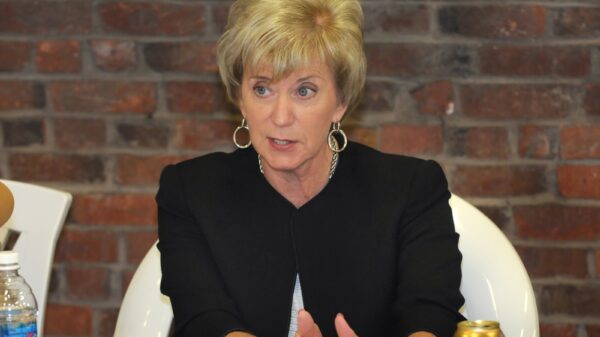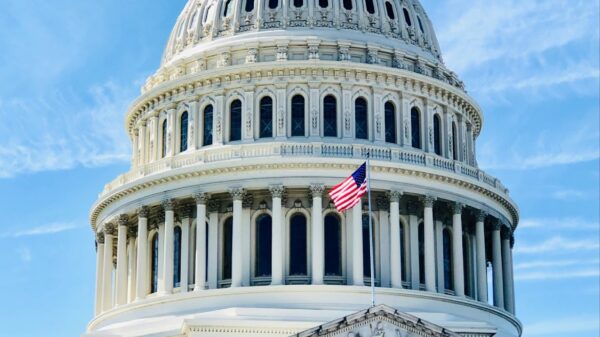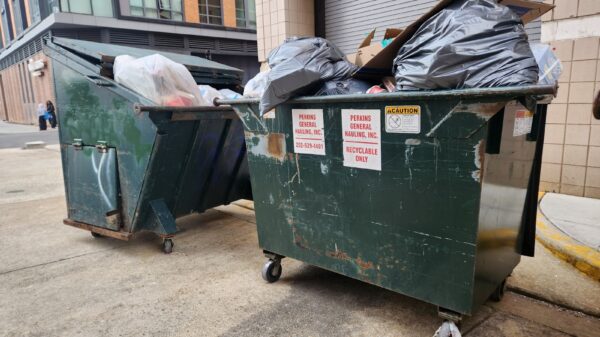
D.C. homeless encampments are starting to become a health, safety and security risk for the neighborhoods around them.
Ralph Hall, a D.C. resident for over 64 years, feels homelessness is a danger to the area, “I see homelessness as a threat in this community, even all around D.C.,” Hall said as he sold jewelry on the corner of Seventh Avenue.
Central Union Mission, a men’s shelter in D.C., began advocating for the homeless in 1884, and they passionately continue to do so today. Since implementing career development programs, counseling services and faith-based guidance, their facility has seen great progress.
The Rev. Deborah Chambers, community advocate and vice president of development and partnerships for Central Union Mission, offers insight on the issue: “We are finding that the majority of the homeless opt to live on the street because of their fear of coronavirus,” Chambers said.
Pandemic Emergency Program for Medically Vulnerable Individuals (PEP-V), is an organization that provides hotels to homeless people who are at risk for COVID-19. PEP-V’s program is supposed to last until November 30, and advocacy groups are making an effort to make PEP-V a more permanent plan.
According to data gathered from the United States Census Bureau, homelessness has decreased 15 percent in 2021 alone.
To continue this trend, Deputy Mayor for Health and Human Services Wayne Turnage has started a pilot encampment removal program.
The purpose of the program is to provide housing and mental health counselors to homeless people who are currently living in an encampment. Though there are only 100 participants in the program, Turnage is hopeful of its efficacy.
“My hope is we see a large number of persons in the encampments accepting housing, that we can successfully match them with housing, and that we don’t see an influence of new persons experiencing homelessness coming behind them in the sites we are trying to close,” Turnage said in an interview with The Hilltop.
Metro PCS employee Donald Campbell feels that homeless people are a part of society.
“I don’t feel threatened. I’ve been here for 26 years,” Campbell said. “[Homelessness has] been here before me, it’s going to be here with me and it’s going to be here after me.”
This past week, President Biden released a plan called “House America” which allocates $5 billion to build affordable housing throughout the country.
According to The Washington Post, the District barely has any room to build affordable housing, and with the property going up in the area, it is becoming harder to settle in the city.
Gentrification is also an ongoing issue in the nation’s capital, often causing people to lose their housing for the purpose of attracting new business.
Housing Matters, a social service organization, cites that between 2000 and 2010, more than 20,000 Black residents in D.C. were displaced. Additionally, in the past five years, 16 percent of D.C. neighborhoods with lower than average property values were gentrified, making it one of the most gentrified cities in the country.
“Certainly it does not help the situation if you are living in a city where real estate is high and the prices are ever-increasing,” Turnage said. “That is one of the reasons the mayor in her next budget has allocated over $127 million to the problem of single homelessness.”
Community members think the pilot program is a good first step, but that it is going to take a lot more to remedy homelessness.
“I think it’s a good program. Everyone needs a second chance. Everybody makes mistakes. Some people need help. There are a lot of options,” Campbell said. “I don’t think you are going to ever eliminate homelessness, but I think Turnage is on the right track.”































